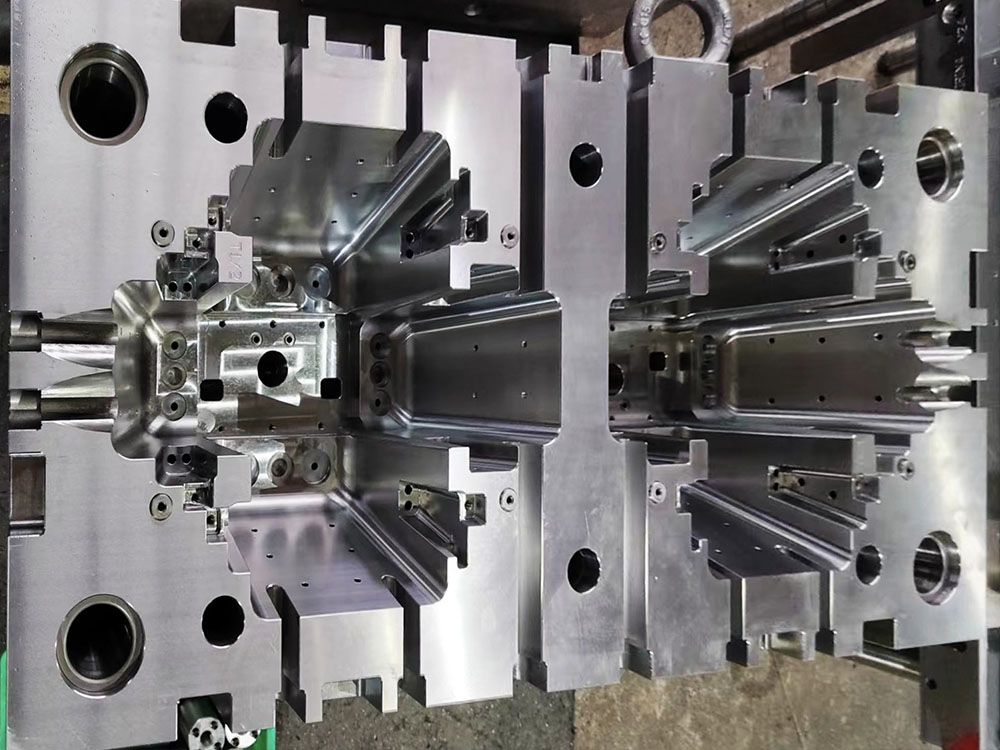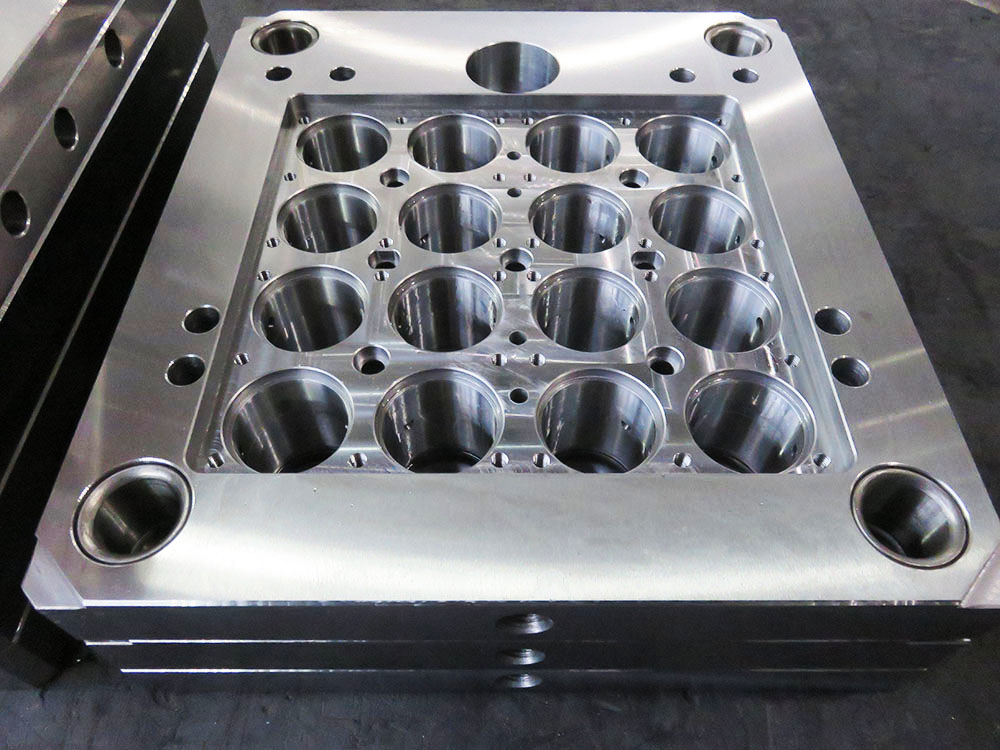Modular Style in the Mold Base Industry
Modular style in the mold base industry refers to the approach of designing and manufacturing mold bases in a modular or standardized manner. This means that the mold base components are divided into standardized units or modules that can be easily interchanged or combined to create different mold configurations. The modular style offers several advantages in terms of convenience, efficiency, and cost-effectiveness in the mold base manufacturing process.
The Importance of Modular Style
Modular style is of great importance in the mold base industry due to its numerous benefits. One of the key advantages is the flexibility it provides in terms of mold base design and assembly. By using standardized modules, mold base manufacturers can easily adapt to different customer requirements and design variations. This allows for the creation of customized mold bases with reduced lead time and cost. Furthermore, modular style enables the interchangeability of components, making it easy to repair or replace damaged or worn-out parts without having to replace the entire mold base.
Another important aspect of modular style is its impact on production efficiency. Standardized modules allow for efficient manufacturing processes, enabling manufacturers to streamline production and reduce waste. The use of modular style also enhances the overall quality of mold bases as standardized components undergo rigorous quality control measures, resulting in reliable and consistent performance. Moreover, the modular approach facilitates easy maintenance and repairs, ensuring minimal downtime and maximizing productivity.
Advantages of Modular Style
The adoption of modular style in the mold base industry offers several advantages, including: 1. Customization: The ability to easily combine and interchange modules allows for the creation of customized mold bases tailored to specific customer requirements. 2. Time and cost savings: The use of standardized components reduces design and manufacturing time, resulting in faster delivery and reduced costs. 3. Interchangeability: Modular style enables the interchangeability of components, facilitating easy repairs, replacements, and modifications. 4. Quality and reliability: Standardized modules undergo strict quality control measures, ensuring consistent quality and reliable performance. 5. Efficiency and productivity: The modular approach streamlines production processes, minimizing waste, and maximizing productivity. 6. Flexibility: Modular mold bases can be easily modified, adapted, or expanded to accommodate changes or new requirements.
Conclusion
In conclusion, modular style plays a crucial role in the mold base industry by providing a standardized approach to design and manufacturing. Its advantages in terms of customization, time and cost savings, interchangeability, quality and reliability, efficiency, and flexibility differentiate modular style from traditional approaches. As the demand for customized mold bases continues to grow, modular style offers a practical and efficient solution for mold base manufacturers, ultimately benefiting businesses and end users alike.




